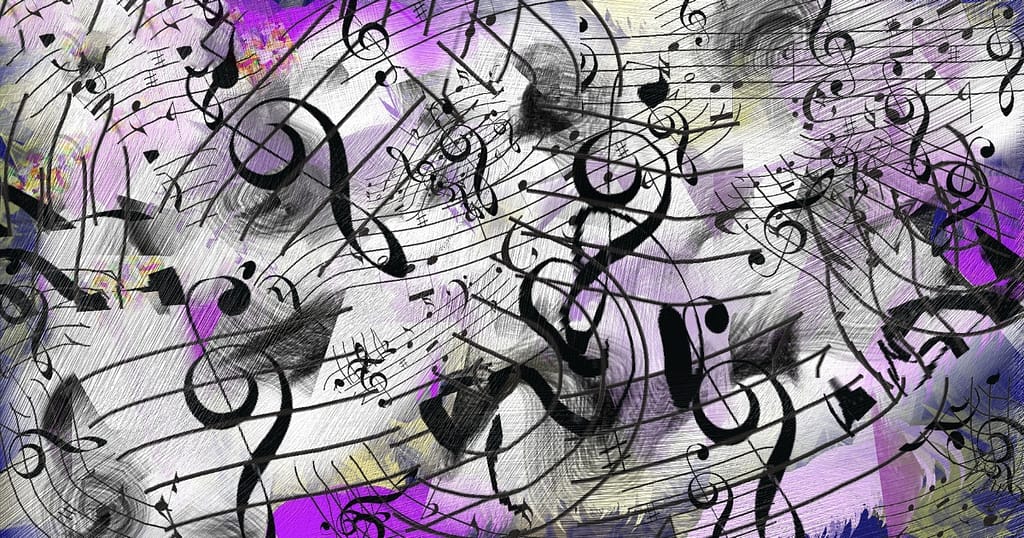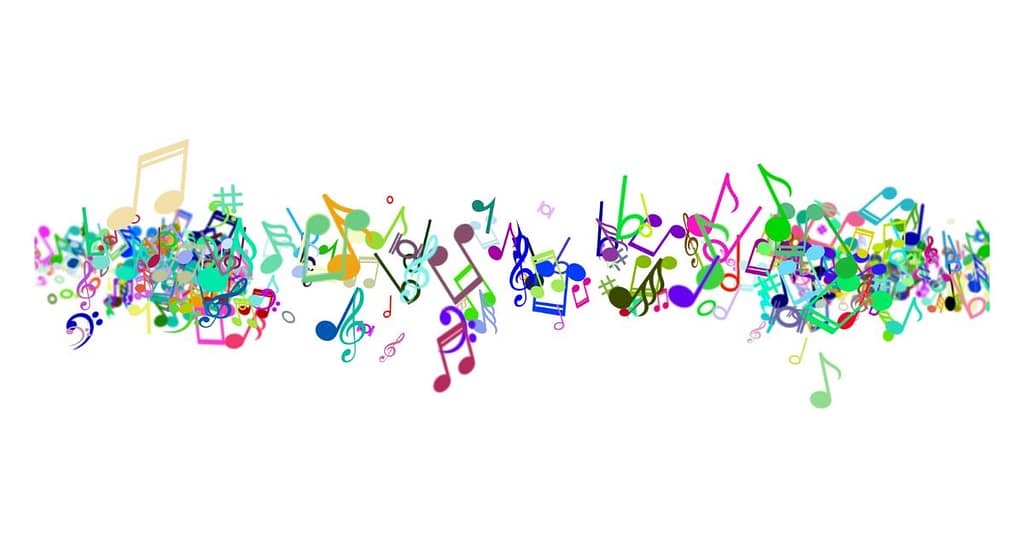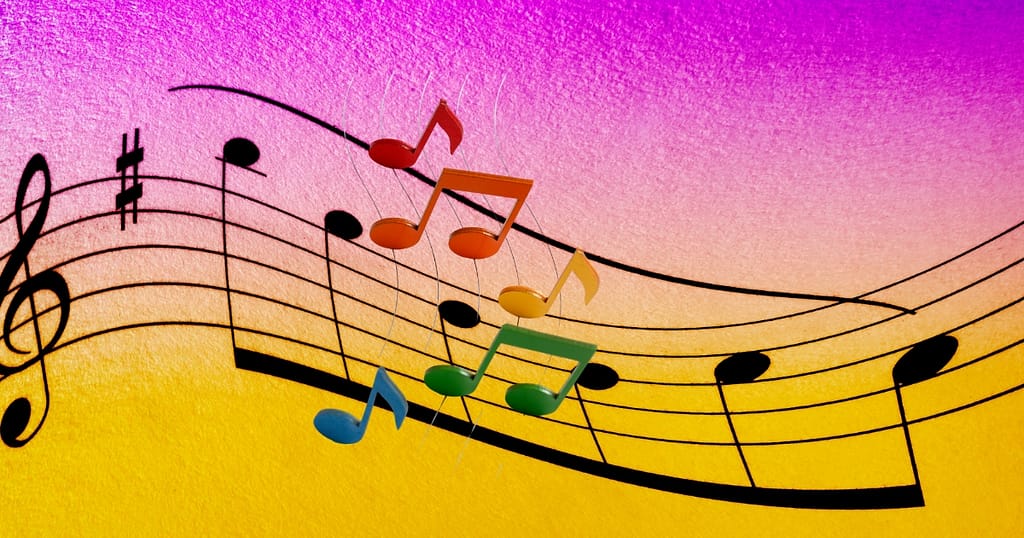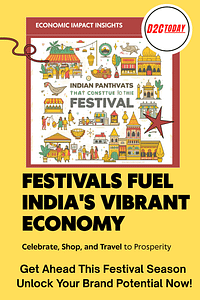Discover the cutting-edge AI tools revolutionizing lyrics and song creation in 2025.

Top AI Tools for Lyrics and Songs Creation in 2025
As the world of music continues to evolve, artificial intelligence (AI) is playing an increasingly pivotal role in the creative process. By 2025, numerous AI tools have emerged that not only assist musicians in crafting lyrics but also help them compose entire songs. This article explores some of the top AI tools available for songwriters and musicians, highlighting their features, benefits, and how they are shaping the future of music creation.
Understanding AI in Music Creation
The integration of AI in music creation is revolutionizing how artists approach songwriting. These tools leverage machine learning algorithms to analyze vast amounts of data, including existing songs, lyrics, and musical patterns. By doing so, they can generate unique lyrics, suggest melodies, and even create entire compositions.
In 2025, AI tools are not just assistants; they are collaborators. They provide artists with inspiration, help overcome writer’s block, and allow for experimentation with different musical styles. The result is a more diverse and innovative music landscape.
The Evolution of AI Tools
Over the years, AI tools have evolved from simple lyric generators to sophisticated platforms capable of understanding context, emotion, and musicality. Early AI lyric generators often produced nonsensical phrases that lacked coherence. However, advancements in natural language processing (NLP) have led to tools that can create lyrics that resonate emotionally with listeners.
Moreover, these tools can now analyze trends in music and lyrics, allowing them to generate content that aligns with current musical styles and genres. This evolution has made AI an invaluable resource for both amateur and professional musicians. For instance, AI can now mimic the styles of various artists, enabling musicians to experiment with sounds that are outside their usual repertoire. This capability not only broadens the creative horizon but also encourages artists to push boundaries and explore new genres, leading to a richer musical tapestry.
Benefits of Using AI for Songwriting
One of the most significant advantages of using AI in songwriting is the ability to enhance creativity. AI tools can provide fresh perspectives and ideas that artists may not have considered. Additionally, they can save time by quickly generating multiple lyric options or musical arrangements.
Furthermore, AI tools can assist in the collaborative process, allowing multiple artists to work together seamlessly, regardless of their physical location. This capability is particularly beneficial in today’s global music industry, where collaboration is key to success. With the ability to share AI-generated ideas in real-time, artists can iterate on each other’s concepts, leading to a more dynamic and interactive songwriting process.
Additionally, the incorporation of AI can help artists analyze audience feedback and preferences, enabling them to tailor their music to better resonate with listeners. This data-driven approach not only enhances the creative process but also increases the likelihood of commercial success in a competitive market.
Top AI Tools for Lyrics and Song Creation
Several AI tools have gained popularity among musicians and songwriters in 2025. Each of these tools offers unique features designed to enhance the creative process. Here are some of the most notable options:
1. OpenAI’s MuseNet
MuseNet is a powerful AI model developed by OpenAI that can generate music in various styles and genres. This tool can create original compositions based on user input, including melodies, chord progressions, and even lyrics. Its ability to understand complex musical structures makes it a favorite among musicians looking for inspiration.
One of MuseNet’s standout features is its versatility. It can mimic the styles of famous composers and contemporary artists alike, allowing users to experiment with different sounds and influences. Whether an artist is seeking classical elegance or modern pop vibes, MuseNet can deliver. Furthermore, its capacity to blend genres opens up a realm of possibilities for innovative musical exploration, enabling users to create hybrid styles that push the boundaries of traditional songwriting.
2. Amper Music
Amper Music is an AI-driven platform that focuses on music composition. Users can create custom tracks by selecting mood, style, and instrumentation. The AI then generates a unique piece of music tailored to the user’s specifications.
What sets Amper apart is its user-friendly interface, making it accessible to musicians of all skill levels. Additionally, Amper allows for real-time collaboration, enabling artists to work together on compositions seamlessly. This feature is particularly useful for songwriters looking to co-create with others. The platform also offers a library of pre-made loops and samples, which can be integrated into original compositions, providing an extra layer of creativity for those who may not have extensive musical training.
3. AIVA (Artificial Intelligence Virtual Artist)
AIVA is an AI composer that specializes in creating emotional and cinematic music. It has been used in various projects, including film scores and video game soundtracks. AIVA’s ability to understand and evoke emotions through music makes it a valuable tool for artists seeking to enhance their lyrical content.
With AIVA, users can input specific parameters, such as mood and genre, and the AI will generate a composition that aligns with those criteria. This capability allows songwriters to focus on their lyrics while AIVA handles the musical aspects. Additionally, AIVA’s continuous learning algorithm means that it evolves over time, adapting to new trends and styles in music, which ensures that the compositions remain fresh and relevant. This adaptability not only benefits individual artists but also contributes to the broader landscape of music creation, encouraging innovation and experimentation across genres.
Innovative Features of AI Tools
AI tools for music creation are constantly evolving, and many now offer innovative features that enhance the songwriting process. Here are some of the most exciting capabilities available in 2025:
Lyric Generation and Analysis
Many AI tools now incorporate advanced NLP algorithms that can generate lyrics based on themes, emotions, and even specific phrases provided by the user. This feature allows songwriters to explore different lyrical ideas without starting from scratch.
Additionally, some tools offer lyric analysis, helping artists understand the emotional impact of their words. By analyzing existing songs and their lyrical structures, these tools can provide insights into what makes a song resonate with audiences.
Collaborative Features
Collaboration is a crucial aspect of modern music creation, and AI tools are designed to facilitate this process. Many platforms now allow multiple users to work on a project simultaneously, providing real-time feedback and suggestions.
This collaborative environment encourages creativity and experimentation, enabling artists to build on each other’s ideas and produce more polished final products.
Integration with Digital Audio Workstations (DAWs)
In 2025, many AI tools seamlessly integrate with popular DAWs, allowing musicians to incorporate AI-generated content directly into their projects. This integration streamlines the workflow, enabling artists to focus on their creativity without getting bogged down by technical details.
By combining AI-generated lyrics and melodies with traditional music production techniques, artists can create unique and compelling songs that stand out in a crowded market.
Explore 20 Game- Changing AI Tools for Social Media Success
Challenges and Considerations
While AI tools offer numerous benefits, there are also challenges and considerations that musicians should keep in mind when using these technologies. Understanding these aspects can help artists make informed decisions about their creative process.

Quality Control
One of the primary challenges with AI-generated content is ensuring quality. While AI tools can produce impressive results, they are not infallible. Musicians must carefully review and refine the output to ensure it aligns with their artistic vision.
Additionally, relying too heavily on AI can lead to a lack of originality. It’s essential for artists to strike a balance between using AI as a tool and maintaining their unique voice and style.
Ethical Considerations
The rise of AI in music creation raises ethical questions about authorship and ownership. As AI-generated content becomes more prevalent, determining who owns the rights to a song can become complicated.
Musicians should be aware of the legal implications of using AI tools and ensure they have the necessary permissions and licenses for any content generated. This consideration is crucial for protecting their work and maintaining integrity in the music industry.
The Future of AI in Music
As technology continues to advance, the future of AI in music creation looks promising. In 2025, AI tools are expected to become even more sophisticated, offering enhanced capabilities that will further revolutionize the songwriting process.

Future developments may include improved emotional intelligence, allowing AI to better understand and replicate human feelings in music. This advancement could lead to even more compelling and relatable songs that resonate deeply with audiences.
Personalized Music Experiences
Another exciting possibility is the development of personalized music experiences. AI could analyze individual listener preferences and create custom songs tailored to their tastes. This capability would not only enhance the listening experience but also open new avenues for artists to connect with their audience.
As AI continues to evolve, the potential for collaboration between humans and machines in music creation will only grow, leading to a more diverse and innovative musical landscape.
Conclusion
In 2025, AI tools for lyrics and song creation are transforming the music industry, providing artists with new ways to express their creativity. From generating lyrics to composing entire songs, these tools are becoming essential resources for musicians of all levels.
As the technology continues to advance, the collaboration between artists and AI will lead to exciting new possibilities in music creation. By embracing these tools while maintaining their unique artistic voices, musicians can navigate the evolving landscape of the music industry and create songs that resonate with audiences worldwide.
Take Your Music Brand to the Next Level
As you harness the power of AI to create music that captivates and resonates, remember that the right strategies and tools are crucial for your brand’s success. At D2C Today, we provide direct-to-consumer brands with the latest insights and innovative marketing techniques to amplify your impact in the music industry. Don’t miss out on the opportunity to elevate your brand and connect with your audience on a deeper level.
My Favourite Tool for creating Composing and Building is SUNO App, I use this Application for almost everything to unleash my Creativity.







